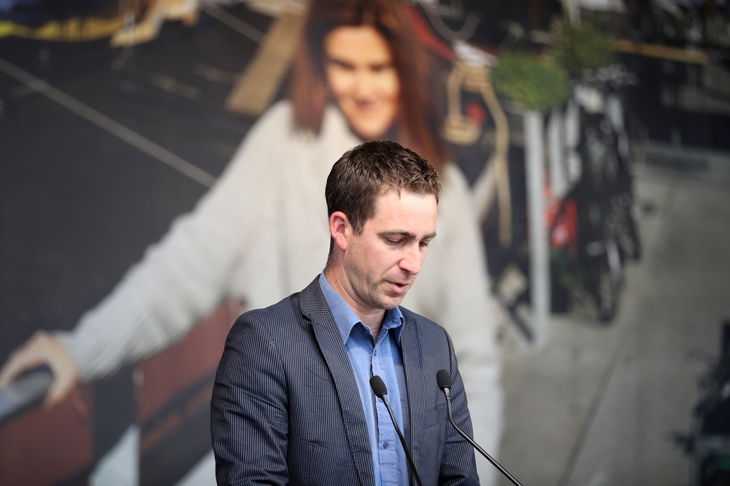In the past week, two very different stories have highlighted our innate desire to generalise people, to raise them up as heroes, ciphers for the things we believe in, then bring them crashing down when they no longer keep to those high standards we probably don’t reach ourselves.
There can’t be many compassionate people who haven’t been saddened by the news about Brendan Cox, husband of murdered MP Jo Cox. Whatever happened at Harvard back in 2015 – and it must have been fairly bad, even though he denies the more serious allegations – it’s depressing indeed that he has now stepped aside from two charities he set up following his wife’s ghastly murder at the hands of a disgusting, sad little fascist. Cox’s dignity and calls for restraint following his wife’s murder came when the country seemed riven with division, and probably prevented more serious unrest. Should he step aside now, because of a stupid, drunken incident? Has he gone from saint to sinner with one mistake and is he now forever to be condemned?
Far more probable is that Brendan Cox was never a saint – just an ordinary, caring guy we hoisted aloft for our own benefit, perhaps selfishly – to make us feel better about ourselves and our divided nation. Mr Cox deserves our support and sympathy even more, because he is a good man, a good father, who has been through a hell we could never imagine – though that in itself doesn’t make him a saint, either.
Then there is the case of Marcos Amaral Gourgel, the homeless Portuguese man who froze to death near Westminster last week. Cue much self-flagellation, gnashing of teeth, sympathetic tweets; Jeremy Corbyn, the Guardian, the usual suspects, lined up not just to raise up this secular saint and to denounce the heartless Tories, never happier, apparently, than when frozen corpses pile up on the Palace steps.
Then the nasty back-story: Gourgel was a child molester who had been deported and kept coming back. The reaction to this update was equally predictable, equally unsavoury: Corbyn was an opportunist, Labour would give succour and shelter to all of Europe’s child molesters, good riddance to bad rubbish. Even poor old Barbara Ellen got it in the neck for writing about Gourgel’s death in the Observer; she was castigated for failing to mention his convictions, though I’d hazard she filed the piece before that information came out.
Again, I have no brief for Gourgel, and don’t even know the precise manner of his crimes. Yet even he was more than that, more than just an abuser. Following his death, other homeless people spoke of how good he was, how he helped them when they were down. He had done good things; he had done wicked things. Whatever he was, did he deserve to die that lonely death?
That’s the weird thing about humans: we are all of us capable of great things, and terrible things, and very few of us are entirely good or bad. Yet we somehow can’t help classifying other people in similarly binary terms: good/bad. Saint/sinner. Interestingly, if someone we regarded as saintly does something to let us down, we probably hate them more than someone who’s always been ‘bad’: because not only have they done a bad thing, they’ve let us down, prompted the realisation that perhaps we aren’t such a good judge of character as we thought. We are all capable of good and evil, and what we do, how we choose to act, is sometimes a matter of circumstance. Good and evil are both a part of human nature – and not one of us is perfect.






Comments